Electronic Senses Roundup
An electronic nose can sniff out sleep apnea.

Researchers are developing temporary electronic implants that can be absorbed by the body.
A computer game that familiarizes blind people with the layout of a virtual building makes it easier to navigate the real thing.
Food science and conservation biology come together to fight oil spills using a common ingredient in chocolate and peanut butter.
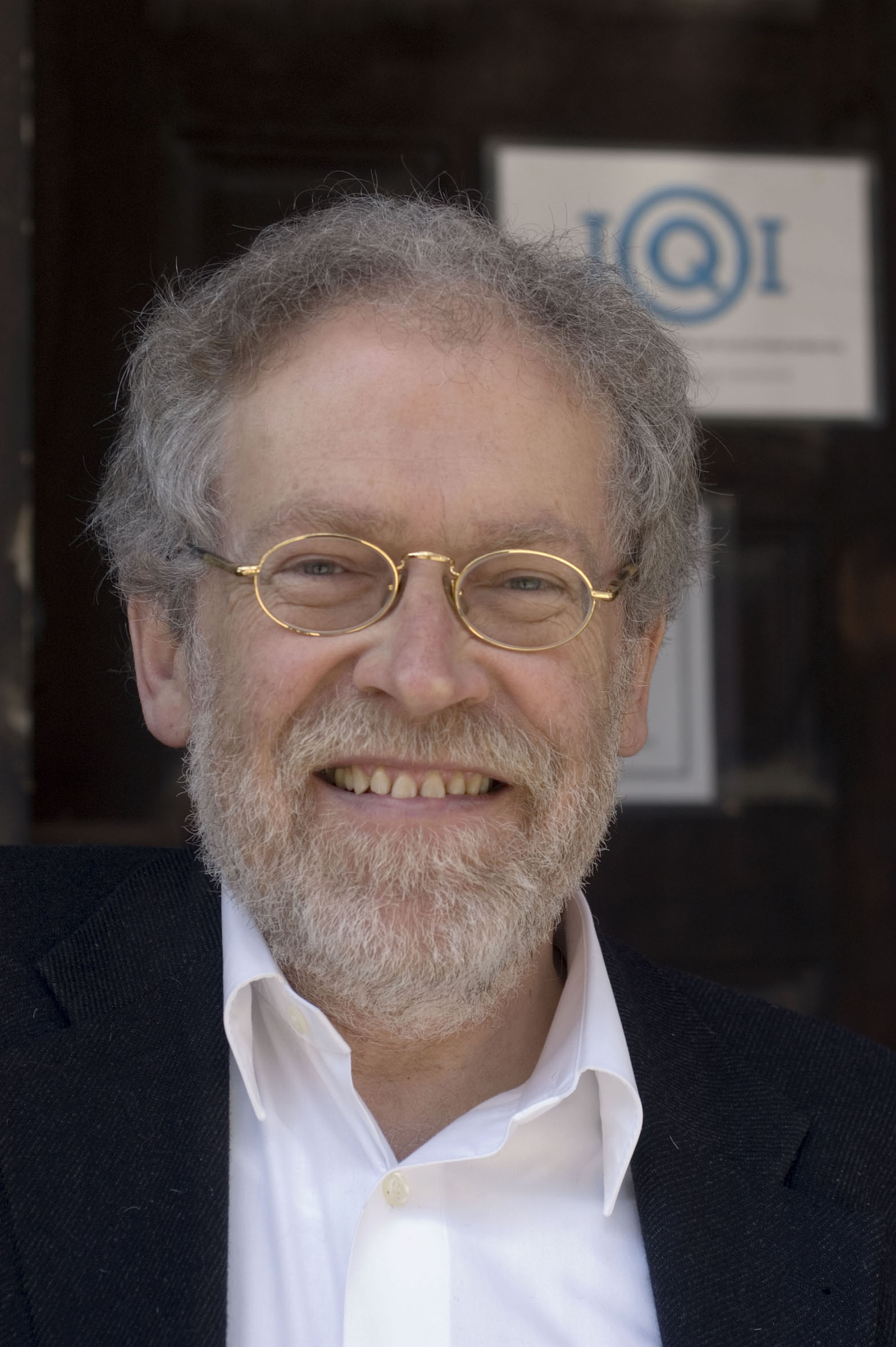
Quantum computing harnesses strange properties of atoms and particles and could revolutionize the computer age.
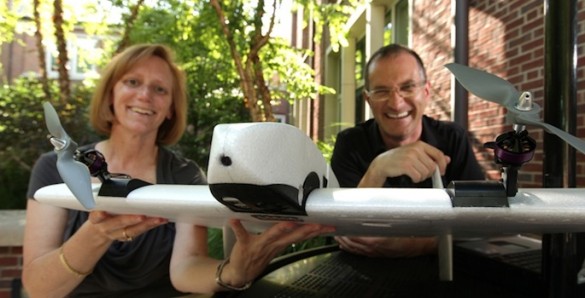
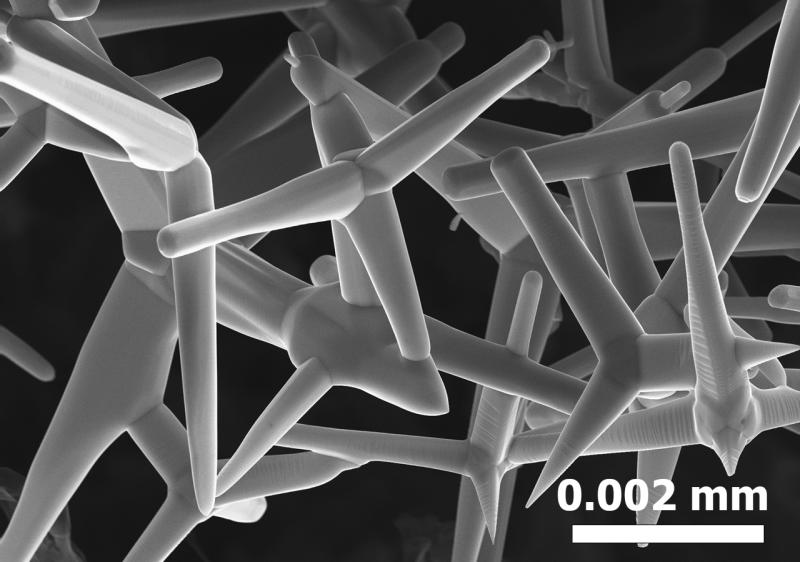
German scientists have created the world's lightest material, which is also among the darkest.
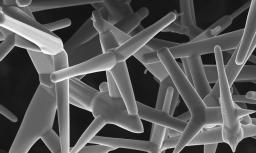
INVENTION - More lifelike robots. Headlights that can see past raindrops. And a pair of goggles that could improve your memory. Also, scientists have developed the world's lightest material.
“Smart” headlights improve visibility by illuminating the road ahead, but not raindrops or snowflakes.

When people stop breathing, they need oxygen fast. New technology could make it possible to get it to them - by bypassing the lungs.

OUR SOLAR SYSTEM - Scientists discover organic carbon in meteorites from Mars and take a new look at the asteroid Vesta. Also: zebrafish meet their robotic overlords, and someone finally invents a blind-spot-free side-view mirror.
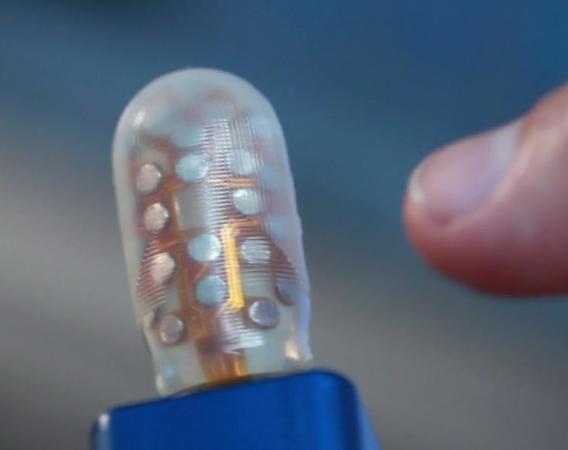
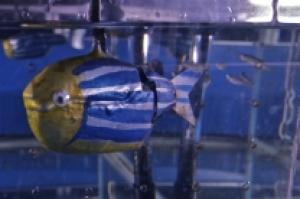
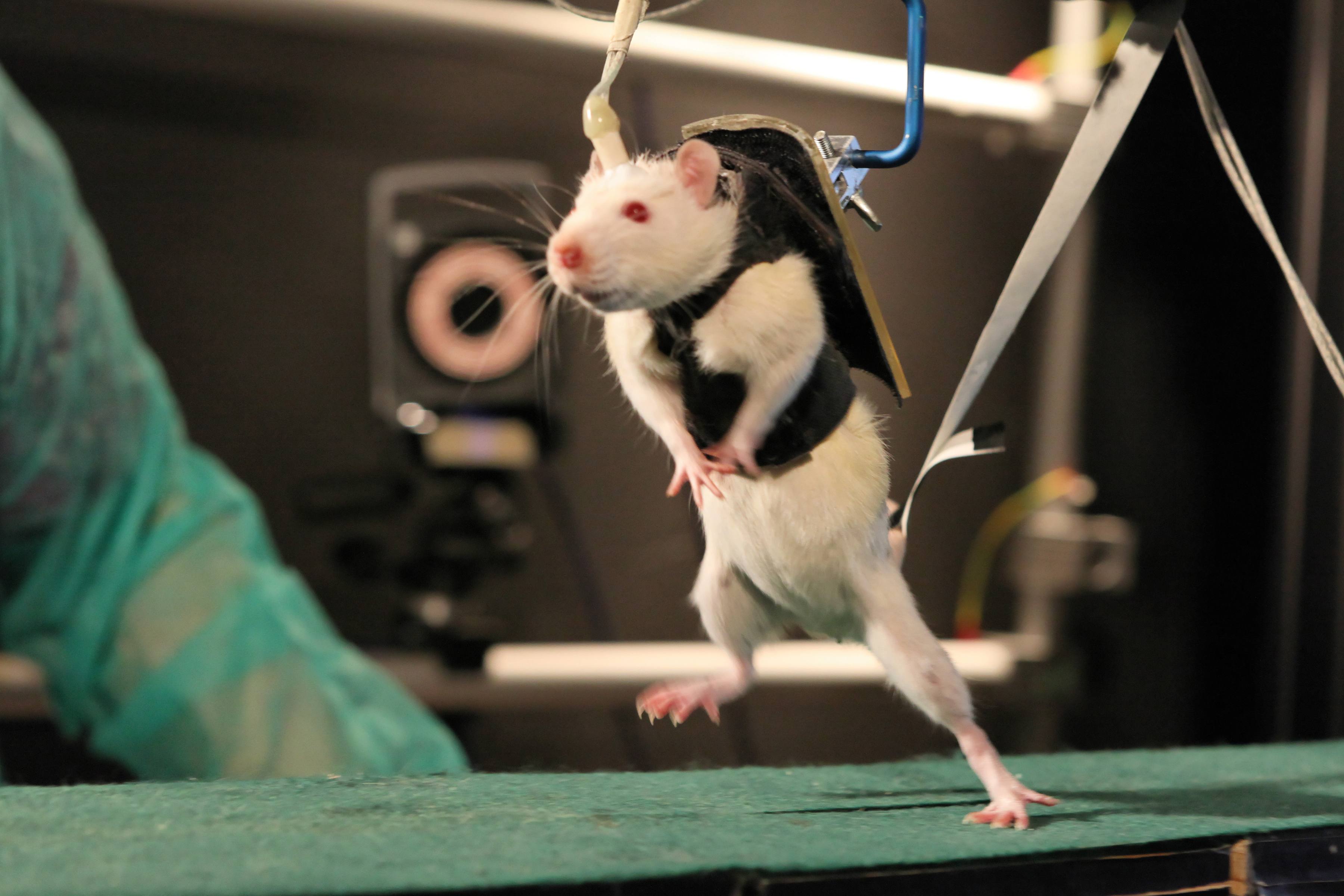
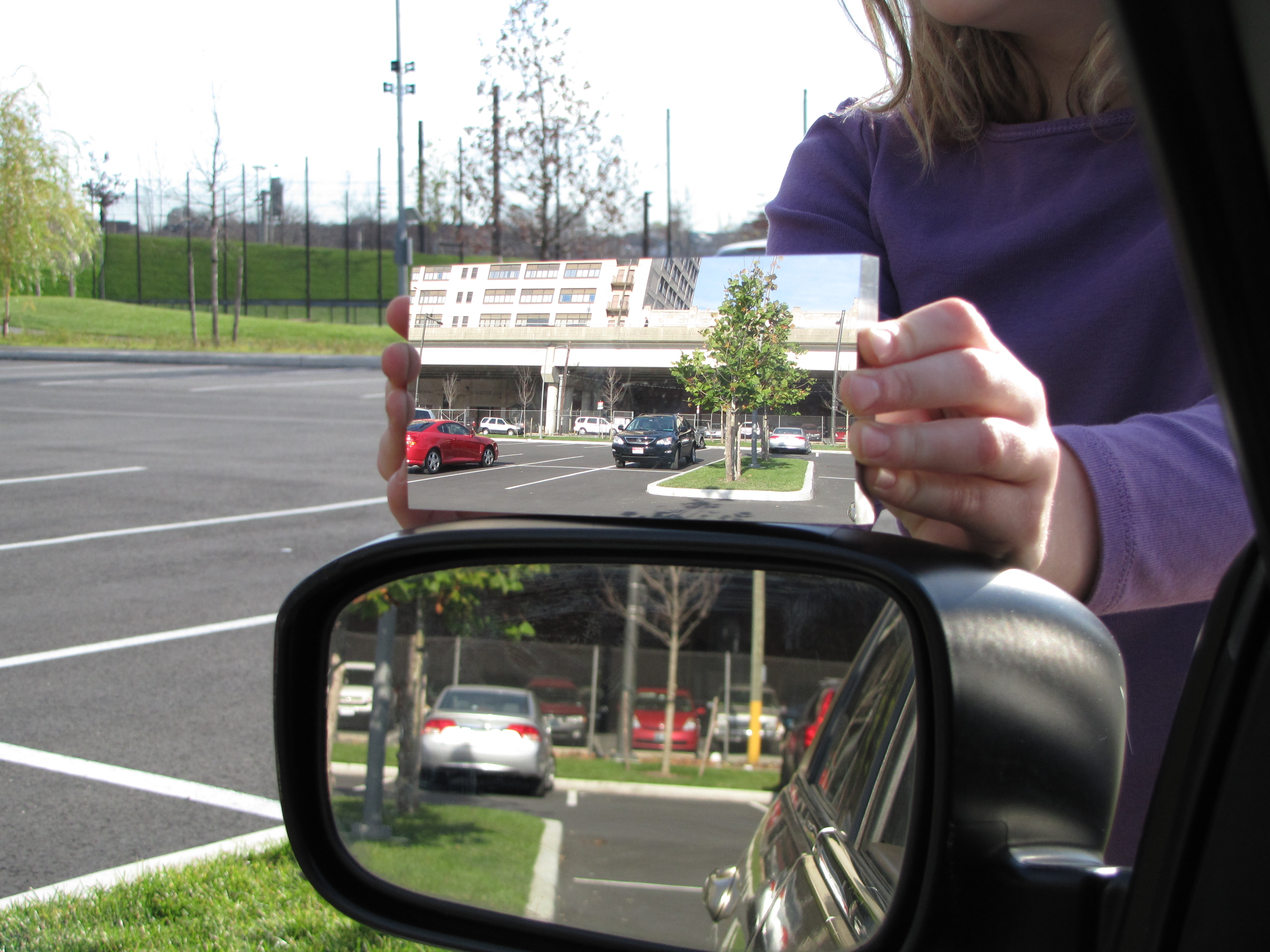
A mathematician has designed a wide-angle driver's side mirror that doesn't distort shapes.
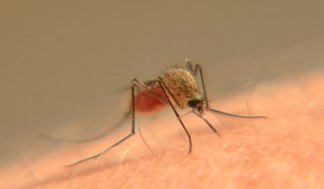
To protect tiny machines from hidden dangers, engineers are getting inspiration from insects.
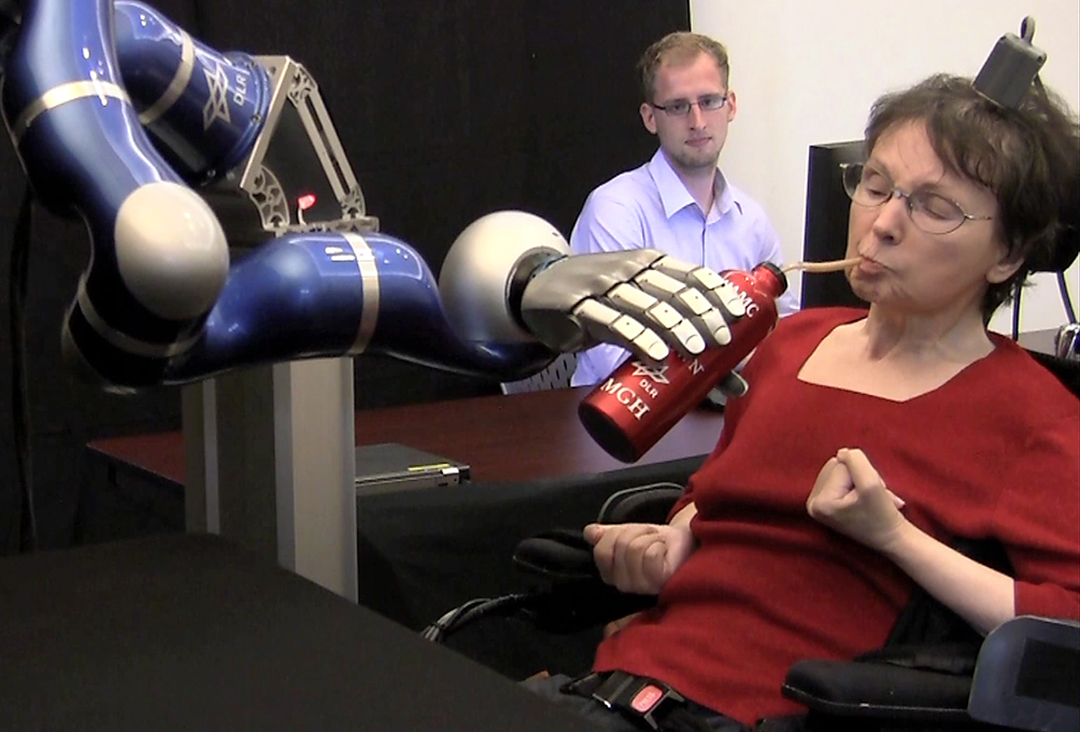
Two patients with near-total paralysis have learned to control a robotic arm with their thoughts.
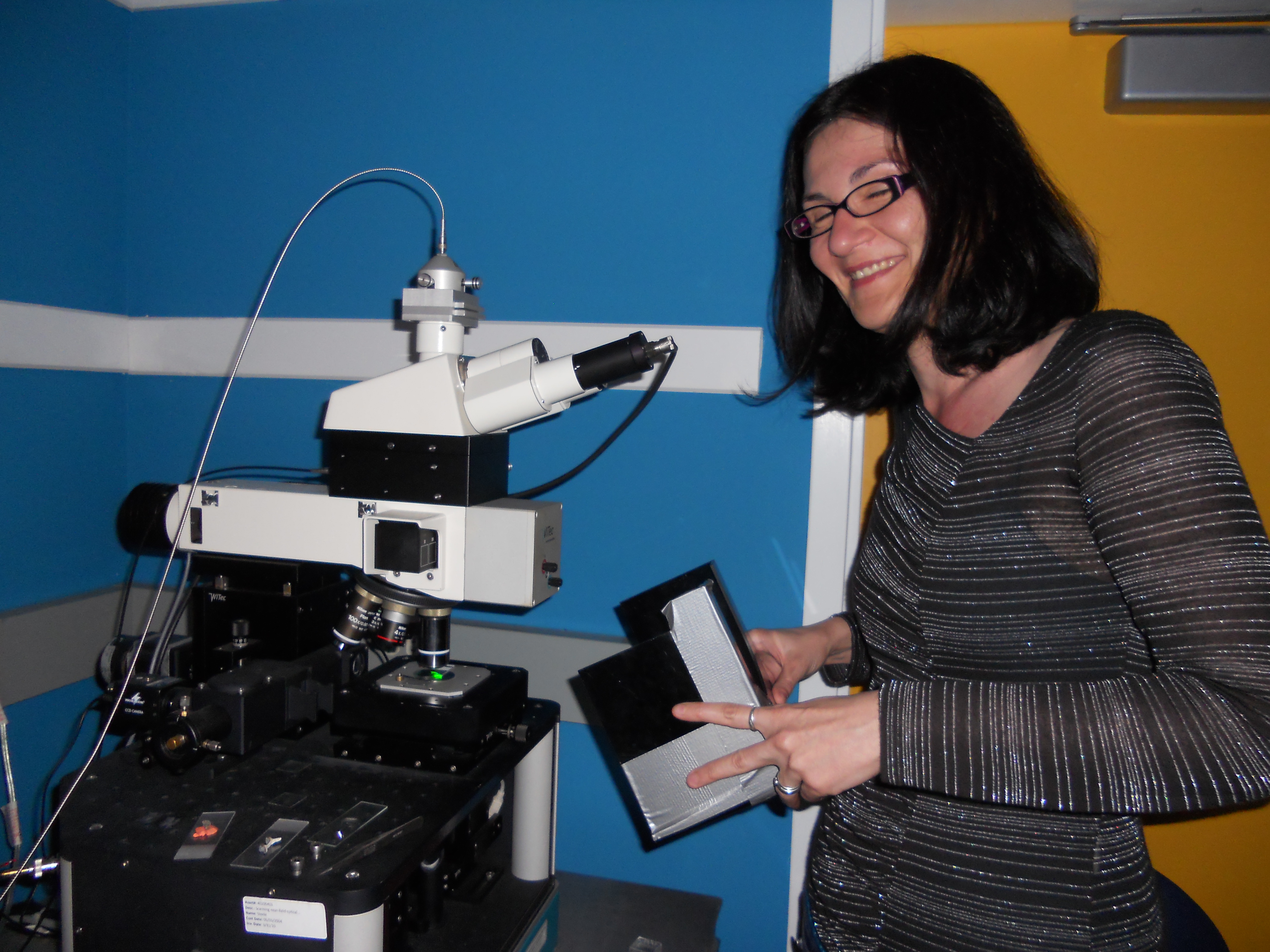
Researchers are breeding specialized fish that glow when exposed to industrial pollutants.
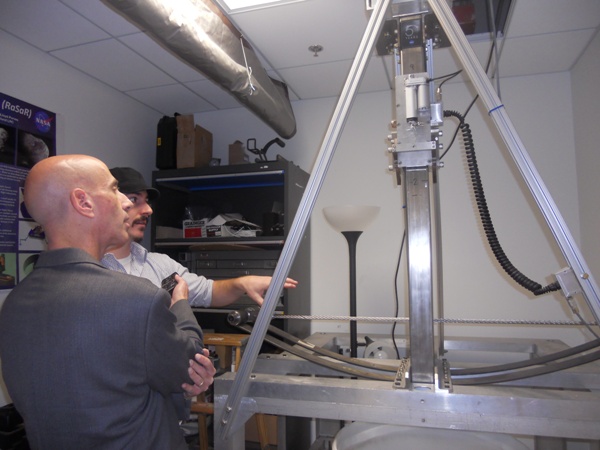
Why some planets are on the run. How to harpoon a comet. And counting penguins from space.
Researchers are designing faster, smaller circuits that use light instead of electricity.

